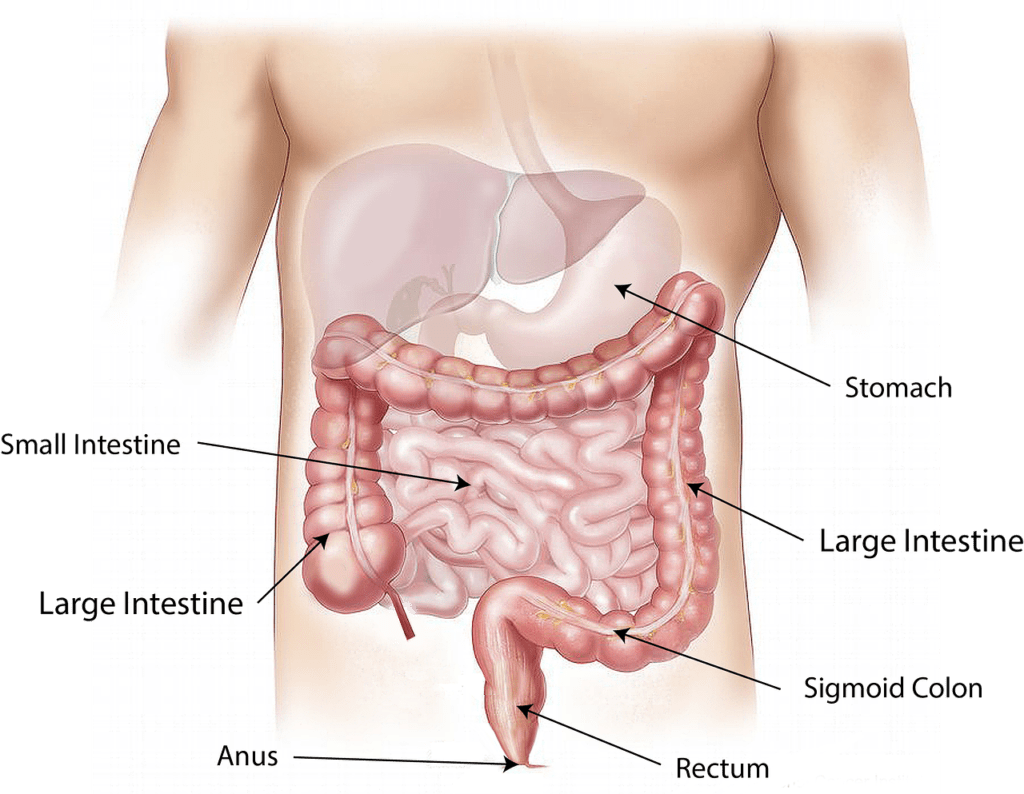Four researchers from the university of Leuven have been awarded Consolidator Grants by the European Research Council in four very different areas of research.
The Consolidator Grant is given by the ERC to researchers with between seven and 12 years of post-PhD experience, and follow on from the Starting Grants for early-career researchers.
The grant is worth up to €5 million for a maximum period of five years.
The latest grants to go to KU Leuven researchers working on obesity and breast cancer, software that learns from its users and its surroundings, more sustainable chemical reactors, and the influence of gut bacteria on emotions.
Dr. Christine Desmedt is researching the link between overweight and breast cancer.
“In the West, half of women are overweight, and that percentage increases after menopause,” she explained. “There has been evidence for some time that overweight and obesity have an impact on the biological aspects of cancer, the effectiveness of therapies, and the prognosis of patients, but the link between the two health problems has not been sufficiently studied.”
Dr. Tias Guns splits his time between the KU Leuven and the Free University of Brussels (VUB), researching software that uses artificial intelligence (AI) to learn from its surrounding and from the people who use it.
“Existing software often proposes solutions that are efficient, but do not always take sufficient account of the user,” he said. “For example, a parcel carrier may deviate from the suggested route based on previous experience in that neighbourhood. Current systems only take into account such factors when added or adjusted manually.”
Dr. Simon Kuhn, who previously received a Starting Grant, is now studying a new generation of reactors for the chemical industry that do away with expensive heat and catalysts made of precious metals, and use only heat. “The problem with current reactors is that their productivity is too low,” he said. “We want to make the reactors more effective with the help of ultrasonic waves, sound waves with frequencies that are too high for humans to hear.”
Dr. Lukas Van Oudenhove, a member of the Leuven Brain Institute, is turning his attention to the gut, the bacteria that live there, and their effect on emotions.
“We will be investigating mechanisms by which the bacteria in our gastrointestinal system, especially in the colon, influence psychological processes in our brain, in particular the response to psychosocial stress and fear responses,” he said.
“Of course, the link between gut bacteria and mental health is never as simple as ‘eat more fibre and cure your depression.’ That nuance is very important: we have to be careful that we as scientists do not send an overly optimistic message to the world, because that does not help anyone.”
In addition to the above, grants also went to Koen Raemsdonck of the university of Ghent and Evgeny Skvortsov of Mons University.
Dr Raemsdonck is studying therapeutics in respiratory illnesses, while Dr. Skvortsov is studying quantum gravity.
This year’s round of grants received 2,506 submissions, of which 327 coming from 23 countries were successful. Denmark and the UK led the field with 50 projects each. Belgium with six was equal with Finland and Portugal. Male researchers outnumbered female by roughly two to one.
Alan Hope
The Brussels Times

